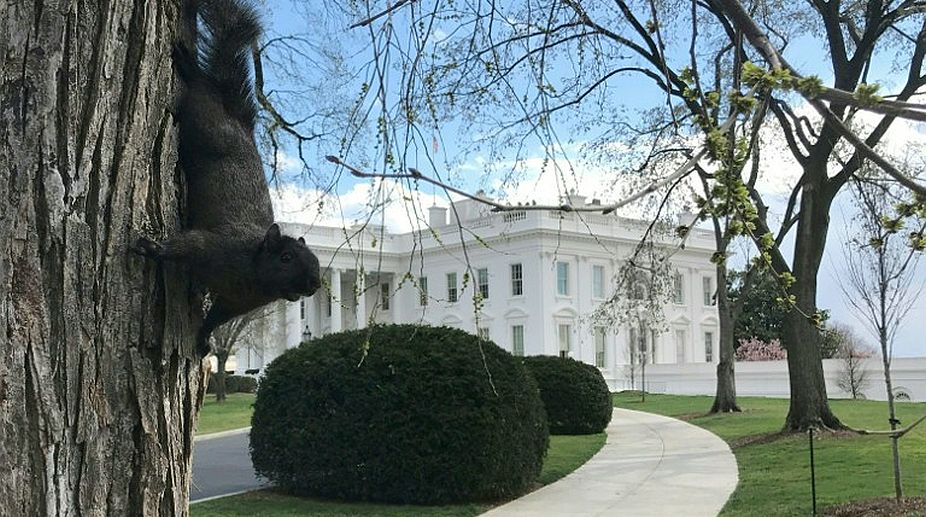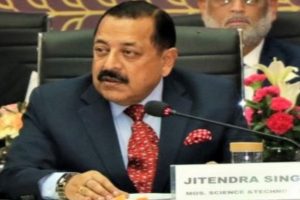US President Donald Trump has kept all 'options on the table' for North Korea, which is flaunting international norms by provocative intercontinental ballistic missile tests (ICBM) and its nuclear weaponization program, the White House has said.
It, however, said that the president will not make his options public.
“The President is not going to broadcast any decision, but all options are on the table,” White House Press Secretary Sarah Sanders told reporters yesterday at her daily news conference.
North Korea carried out an intercontinental ballistic missile test on Friday which the weapons experts said could even bring New York into range, posing a major challenge to US' security.
The US strategic bombers retaliated on Saturday by flying over the Korean peninsula, and on Sunday American forces successfully tested a missile interception system the US hopes will be installed on the Korean peninsula.
Over the weekend Trump had expressed his frustration over Chinese inability to do anything against North Area.
Earlier in the day, Trump exuded confidence that he would be able to handle the North Korean situation well, which he did not elaborate.
According to the Pentagon, the Department of Defence is well prepared to protect the US and its allies from any provocative behaviour from North Korea.
Within hours of the North Korean ICBM launch, American and South Korean army personnel conducted a combined live fire exercise, the Pentagon said.
“This exercise utilised the Army tactical missile system, also called ATACMS, and the [South Korean] Hyunmoo Missile-2, which fired two missiles each into territorial waters of South Korea along the east coast,” the Pentagon Director of Press Operations Navy Captain Jeff Davis told reporters during an off-camera news conference.
Also the US Air Force B-1 bombers along with the South Korean and Japanese air forces carried out flight over the Korean Peninsula.
“The B-1s then flew over the Korean Peninsula where they were joined by four [South Korean] Air Force F-15 [Eagle] fighter jets. The B-1s then performed a low pass over Osan Air Base, South Korea, before leaving South Korean airspace and returning to Guam,” Davis said.
The entire operation lasted for about 10 hours.
“The US maintains flexible bomber and fighter capabilities in the Asia-Pacific theatre, retaining the ability to quickly respond to any regional threat in order to defend the US homeland and in support of our allies,” Davis said in response to a question.
“North Korea remains the most urgent threat to regional stability,” said Air Force General Terrence O'Shaughnessy, the Pacific Air Forces commander.
“Diplomacy remains the lead; however, we have a responsibility to our allies and our nation to showcase our unwavering commitment while planning for the worst-case scenario. If called upon, we are ready to respond with rapid, lethal, and overwhelming force at a time and place of our choosing,” O'Shaughnessy said.
All this was in addition to the a successful missile defence test using the Terminal High Altitude Area Defence (THAAD) system.
“A medium-range target ballistic missile was air-launched by a US Air Force C-17 [Globemaster III] over the Pacific Ocean. The THAAD weapon system located at Pacific Spaceport Complex Alaska in Kodiak, Alaska, detected, tracked and intercepted the target,” said the Pentagon press secretary.
This was the 15th successful intercept in 15 tests for THAAD.












